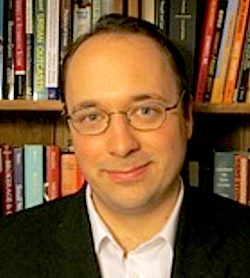
When older adults have more or closer family members in their social networks, they are less likely to die, but having larger or closer groups of friends does not offer the same benefit, according to the results of a new study presented Sunday at the American Sociological Association annual meeting in Seattle.
James Iveniuk, the lead author of the study and a postdoctoral researcher at the University of Toronto’s Dalla Lana School of Public Health, said he was surprised by the findings.
“Because you can choose your friends, you might, therefore, expect that relationships with friends would be more important for mortality, since you might be better able to customize your friend network to meet your specific needs,” he said. “But that account isn’t supported by the data. It is the people who in some sense you cannot choose, and who also have little choice about choosing you, who seem to provide the greatest benefit to longevity.”
Iveniuk and co-author L. Philip Schumm, a senior biostatician at the University of Chicago, arrived at their results by studying nationally representative data from the 2005–2006 and 2010–2011 survey waves of the National Social Life, Health and Aging Project. Mortality of the first wave of respondents, Americans aged 57 to 85 years, was assessed at the second wave.
In the first wave, participants were asked to list up to five of their closest confidants, describe in detail the nature of each relationship and indicate how close they felt to each person. Older adults who reported feeling “extremely close,” on average, to the nonspousal family members they listed as among their closest confidants had about a 6% risk of mortality within the next five years, compared with a risk of mortality of approximately 14% among those who reported feeling “not very close” to the family members they listed, Iveniuk and Schumm found.
“Going back to the very first sociological theorists, many different thinkers have noted that there is some kind of special significance that people attribute to family ties, leading people to stay close to and support people who wouldn’t necessarily be individuals that they would associate with if they had the choice,” Iveniuk said.



